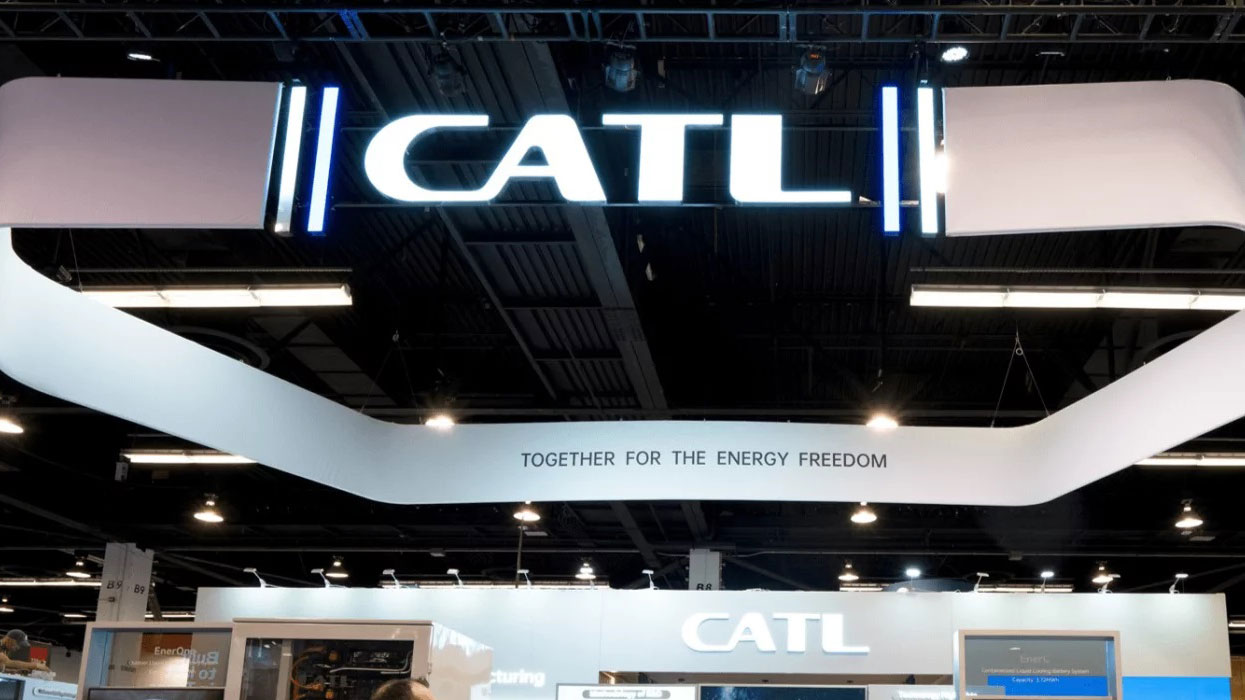In an interview with the Financial Times, Robin Zeng, founder and chief executive of CATL, said the much-hyped technology did not work well enough, lacked durability and still had safety problems.
"We fully support solid-state, but I have been investing in this for 10 years... I watch the development people working on solid-state almost every month, so I know all the progress, and somehow we still have these showstoppers," said Zeng.
In addition to safety concerns about lithium interacting with moisture to release toxic lithium hydroxide during accidents, practical application challenges persist. "Then they test and [say] oh, very good, the ion transfer is very good. But in reality, how can you put it under [so much] pressure?" Zeng explained about the pressure conditions during testing. He further questioned the commercial feasibility based on current limitations: "Maybe 10 cycles... so how can you make it commercially viable?"
Apart from solid-state technology, CATL is researching alternative battery technologies such as sodium-ion and condensed-matter batteries. According to a report by Financial Times, these alternatives could offer double the range of standard lithium-ion batteries without carrying risks associated with solid-state cells.
In February 2024, CATL formed a consortium with other Chinese companies to establish a local supply chain targeting commercially viable solid-state batteries by 2030 despite present obstacles.
Source: Financial Times

